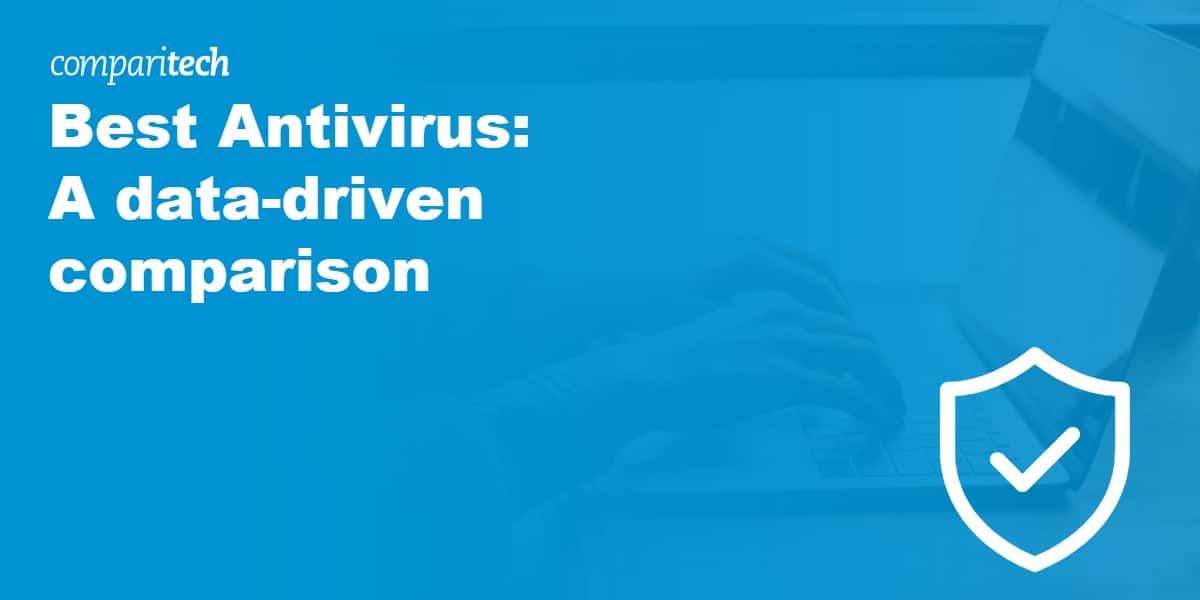

Next-generation firewalls can actually examine the messages of possible malware and discover them in real-time.

Next-Generation Firewallsįirewalls monitor digital traffic coming into and leaving the network, tracking and blocking suspicious domains. Then it becomes a question of remediation. Usually, the program reveals its true intentions without damaging your actual workflows. This allows for program testing in a legitimate-seeming environment. At the same time, its isolation and replicated nature prevent any changes to your true databases or servers. Much like a normal OS, the sandbox can run codes and executable files. Perhaps the most significant difference between antivirus and endpoint security is the latter can evaluate ambiguous programs these don’t fall neatly into either malware or innocent programs, and as such antivirus almost never recognizes them or prevents them.Įndpoint security sandboxing creates an isolated and secure digital environment that perfectly replicates your typical end-user operating system. You should have a clear idea of where sensitive data moves in and out of your network. Data Loss Prevention monitors data on your corporate endpoints, can block any unwarranted traffic, and notify your IT security team of anomalies. Some of the other important capabilities include the following: Data Loss PreventionĮndpoint security doesn’t just focus on endpoints it also protects the data stored on them. Often they also offer better threat intelligence to keep your team abreast of evolving threats. Critically, these capabilities also include antivirus, as most solutions offer some form of malware prevention and detection.

#Whats the best antivirus full
The full capabilities of endpoint security could take an entire article to elucidate in detail. The Difference Between Antivirus and Endpoint Security in Capabilities Here are some of those capabilities in detail. Antivirus doesn’t offer such capabilities.įinally, endpoint security offers a plethora of capabilities antivirus cannot provide. Thus you could bar a USB carrying a malicious malware payload from installing on certain USB ports without permission. Second, endpoint security can also restrict what devices can or cannot connect to your endpoints. Additionally, through centralized management, you can also protect the endpoints of remote workforces. It also allows them to monitor problem areas and suspicious data traffic movement. However, it also does so much more than that.įirst, it offers your IT security team a central management portal, which helps them keep track of all endpoints and maintain visibility. As such, it does protect against malware and other external threats. They can include PCs and workstations as well as mobile devices and IoT devices.Įndpoint security aims to protect the IT infrastructure at large by protecting the endpoints as gateways to it. Any device used by an end-user to connect to a corporate IT network qualifies as an endpoint. In fact, it actually goes so far as to make antivirus a capability in its overall platform. Endpoint Security, The SuccessorĮndpoint security serves as the true successor to legacy antivirus for enterprise cybersecurity. Further, antivirus operates optimally in environments with unencrypted data flows and basic threats. This doesn’t fit with increasingly signature-less threats or outright fileless threats which became increasingly common. First and foremost, most legacy antivirus solutions rely on signature-based detection and prevention.
#Whats the best antivirus software
However, antivirus software can come with some serious downsides. Additionally, it can perform real-time scans on emails, websites, and downloads.
#Whats the best antivirus install
Your IT security team can install antivirus on the machine directly, allowing it to operate in the background without interrupting business processes. Antivirus thus works to identify and block malware from penetrating and dwelling on users’ devices. Obviously, these cyber-attacks pose a significant risk to your enterprise. Viruses fall under the malware umbrella, as do spyware, keyloggers, worms, and bots. Of course, “malware” serves as a catch-all term for malicious programs trying to penetrate your digital perimeter. Yet what exactly does antivirus software do? At its core, antivirus prevents malware. Therefore they remain top-of-mind for my IT decision-makers even today.

Partially, this stems from longevity antivirus solutions first came to prominence over twenty years ago. In the business world, antivirus possesses a quality that other cybersecurity solutions struggle to achieve: recognition. Antivirus Software: The Cybersecurity Progenitor To fully understand the difference between antivirus and endpoint security, we break down the terms.


 0 kommentar(er)
0 kommentar(er)
